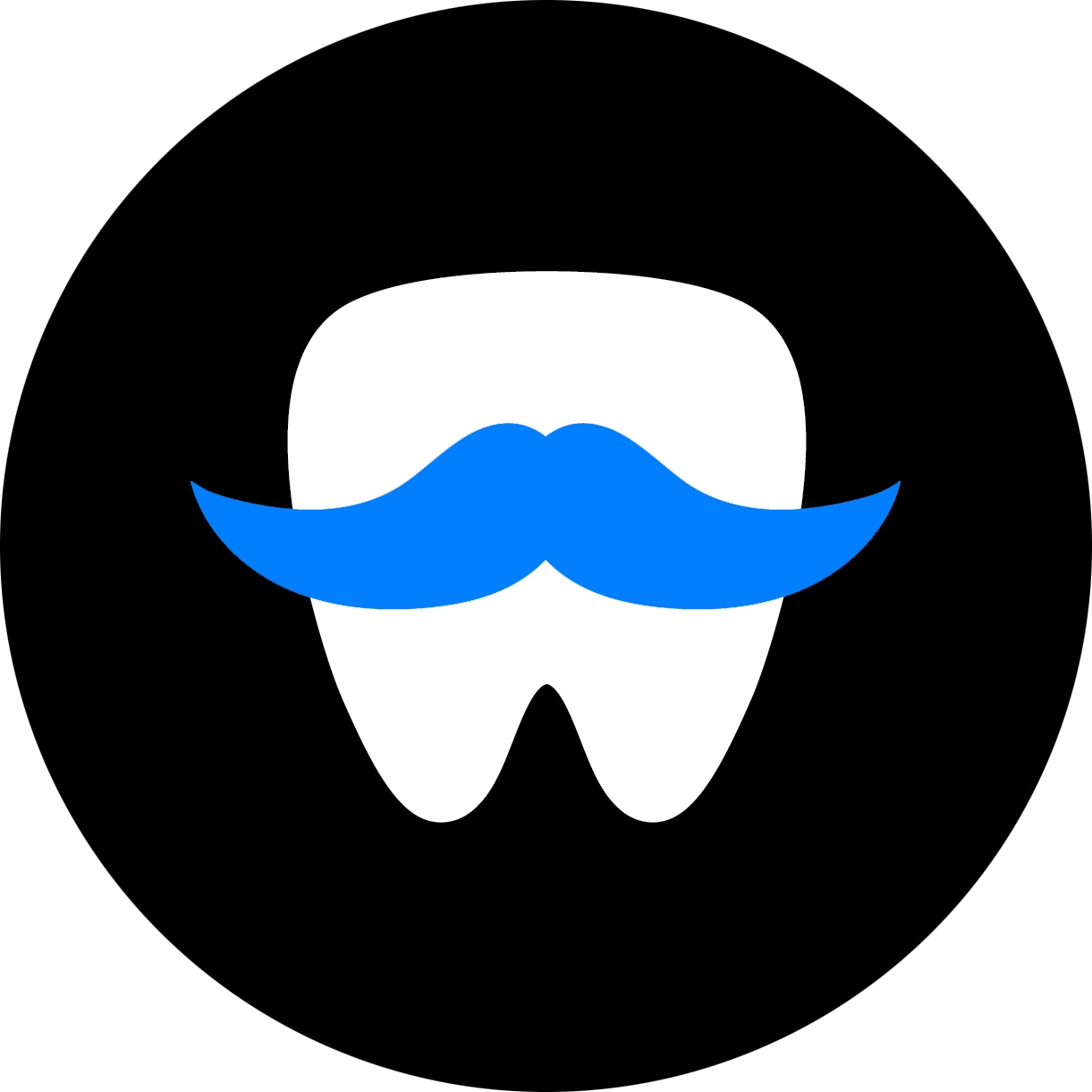Understanding TMJ Disorders
Your TMJs are small, triangular joints that are like sliding hinges, connecting the jawbone to the skull. You have a temporomandibular joint on each side of your jaws, in front of your ears. TMJ disorders can cause a range of painful symptoms, impacting your quality of life.
Common causes of TMJ disorders include injury, stress, fatigue, illness, rheumatoid arthritis, wear and tear of the jaw joint, and fibromyalgia. It can also result from misaligned teeth, an uneven bite, or nighttime teeth grinding and clenching, a condition known as bruxism. If not treated, TMJ disorders can lead to complications like chronic TMJ pain and inflammation, tooth wear, fractured teeth, muscle spasms, interrupted sleep, and more.
What Are the Symptoms of TMD?
Common symptoms of TMD include the following:
- Jaw pain or tenderness
- Aching pain around the ear
- Morning headaches
- Difficulty or discomfort while biting, chewing, or yawning
- Facial pain or swelling
- Limited ability to open or close your mouth
- Clicking, popping, or grating sounds in your jaw joint when opening or closing your mouth
- Tingling of the extremities
What Are Traditional TMJ Treatment Options?
Here is a look at traditional TMJ treatment options:
- Self-Care Practices: Before opting for more invasive treatment options, many patients find relief through home remedies. These may include eating soft foods, applying ice or warm compresses, and avoiding extreme jaw movements. Some people find that relaxation techniques that alleviate muscle tension help address their TMJ pain.
- Counseling: Since some TMD cases arise from behaviors that exacerbate jaw pain, like teeth grinding, nail biting, or leaning on the chin, jaw alignment. They may also use heat and ice treatments, ultrasound, or electrical nerve stimulation to alleviate your pain.
- Medications: Several medications might help alleviate your discomfort. These may include nonsteroidal anti-inflammatory drugs (NSAIDs), muscle relaxants, or tricyclic antidepressants for bruxism and pain relief.
- Alternative Therapies: Some patients find relief in alternative treatments like acupuncture, biofeedback, or laser therapy. While the efficacy of these treatments can vary from person to person, they often offer a valuable adjunct to more conventional therapies.

TMJ Treatment
Near Me in Queen Creek, AZ
TMD often requires a holistic and team approach to treatment. While some cases may resolve on their own or with minimal intervention, others may require a combination of therapies. If you suspect you have TMD, consult with Dr. Blyth for diagnosis and treatment recommendations. With the right approach, TMJ disorders can be effectively managed or even resolved.
Looking for quality, personalized dental services in Queen Creek, AZ? We invite you to contact Aesthetic Smiles of Queen Creek at (480) 409-0011 to schedule an appointment or request one online today!
